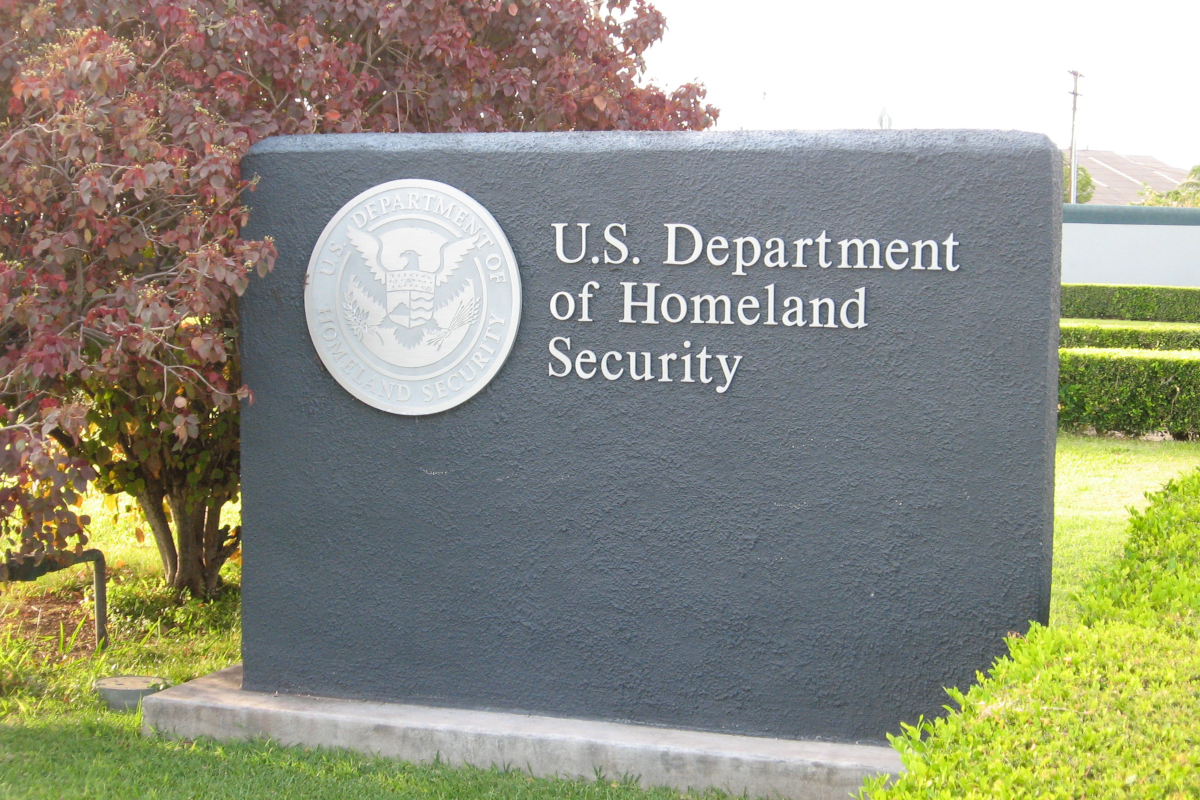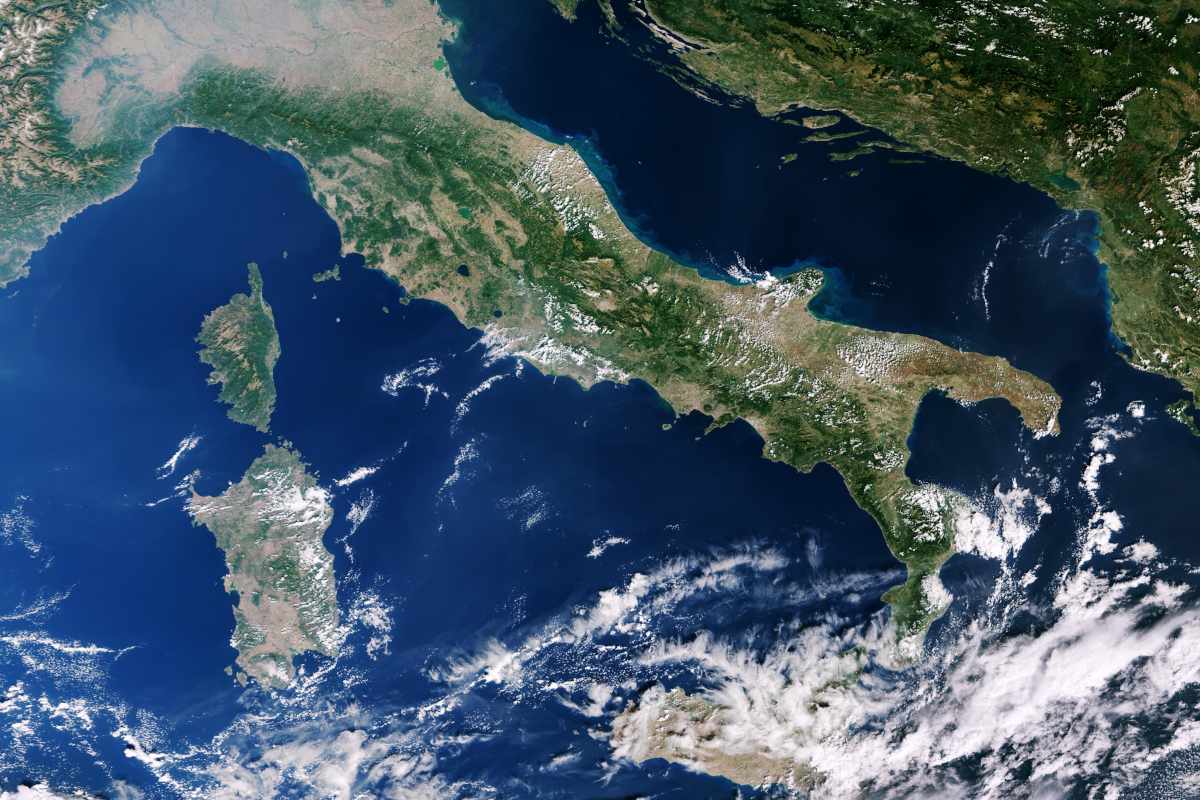EU and USA plough ahead with secret discussions on biometric data exchange scheme
Topic
Country/Region
24 August 2023
The EU and USA are discussing a proposed “Enhanced Border Security Partnership” which would involve “continuous and systematic” transfers of biometric data in both directions, but the Commission has refused to release documents that would provide further information to the public.
Support our work: become a Friend of Statewatch from as little as £1/€1 per month.

Image: Thomas Hawk, CC BY-NC 2.0
Statewatch revealed last year that the Department of Homeland Security (DHS) was touting Enhanced Border Security Partnerships to EU institutions and member states, requiring direct connections between the biometric databases of participating states and the USA’s IDENT/HART system.
IDENT/HART is “the largest U.S. Government biometric database and the second largest biometric database in the world, containing over 270 million identities from over 40 U.S. agencies,” according to a DHS document.
Further documents obtained by Statewatch indicated that the Commission and the USA had set up a “dedicated working group” to discuss the scheme and a “proof of concept,” which would involve the transmission of data.
The Commission’s response to an access to documents request filed by Statewatch suggests that the working group has been busy – but the Commission refused to release any of the documents it identified, citing the need to protect “public security” and “international relations”.
The request filed with the Commission sought the following documents:
“1. All agendas and minutes of the working group between the European Commission and the US authorities regarding the proposed Enhanced Border Security Partnership (EBSP).
2. Presentations, notes, reports or other documents presented, discussed, or used as background information for the meetings of that working group.
3. Documents regarding the "proof of concept" on the potential sharing of data under an EBSP, in particular setting out the authorities involved, the data to be transferred, the source of that data, and the legal basis for sharing data as part of a "proof of concept".”
The response from the Commission (pdf) said that five documents had been identified:
“1- Flash report: Meeting with DHS on new EBSP Working, Commission document for internal use, dated 13/07/2022, ref. ARES (2023)4144843,
2- Flash report: Kick-Off meeting COM/DHS Working Group on new US EBSP requirements (06/09/22), Commission document for internal use, dated 06/09/2022, ref. ARES (2023)4119093,
3- EU-US Working Group on EBSP, Commission document for internal use, dated 22/09/2022, ref. ARES (2023)4144961,
4- WORKING DOCUMENT & ANSWERS: COM-US Working Group on the U.S. Enhanced Border Security Partnership (EBSP) requirements as part of the U.S. Visa Waiver Program (VWP), Commission document for internal use, dated 04/10/2022, ref. ARES (2023)4118328,
5- DHS Enhanced Border Security Partnership (EBSP) Requirement, Powerpoint presentation by US Department of Homeland Security, dated September 2022, ref. ARES (2023)4118099.”
The letter, signed by Monique Pariat, the Director-General for Migration and Home Affairs, said that the documents could not be released as they contain "sensitive information of ongoing discussions between the Commission and the US on the Enhanced Border Security Partnership (EBSP)."
Some of that information concerns "law enforcement investigative procedures that, in the hands of criminals and terrorists, could be misused against public security, for example by facilitating the bypassing of effective cross-border checks and obstructing the attempts of US authorities to prevent illegal activities."
Furthermore, wrote Pariat, "given the public security concerns outlined above, the public disclosure of the documents, which were intended to be used for official internal purposes only, would be tantamount to a breach of trust of the US authorities and could therefore undermine international relations with the US."
Releasing parts of the documents whilst censoring others would be impossible, the letter argued, but they are either “entirely covered by the exceptions or the remaining parts after expunging the confidential information might be meaningless or illegible.”
The Council has also discussed the EBSP plan recently, with the Council's Working Party on Justice and Home Affairs (JHA) Information Exchange (IXIM) holding an "exchange of views" in mid-July (pdf).
A comment made in April this year by Chris Jones, Statewatch Director, remains relevant:
“The EU’s own top court has ruled on multiple occasions that the USA does not offer adequate privacy protections for non-citizens, yet the Commission and the member states are planning to open up their biometric databases to the Department of Homeland Security and, by extension, who knows how many other US agencies? The fact that discussions on the plan are taking place in secret makes it all the more galling, albeit entirely unsurprising.”
Our work is only possible with your support.
Become a Friend of Statewatch from as little as £1/€1 per month.
Further reading

USA border plan requires “continuous and systematic” transfers of biometric data
Last year, it was revealed that the USA planned to launch Enhanced Border Security Partnerships (EBSPs) with other states around the world, seemingly targeting the EU, UK and Israel first. These would involve “continuous and systematic” transfers of biometric data to the USA for the purposes of immigration and asylum vetting, says a recent Council of the EU document obtained by Statewatch.

USA offers foreign states access to 1.1 billion biometric “encounters” in return for reciprocal database access
The US Department of Homeland Security (DHS) is touting ‘Enhanced Border Security Agreements’, offering access to its vast biometric databanks in exchange for other states reciprocating. Reports suggest the UK is already participating, although there is no official confirmation of this. In the EU the proposals have caused a furore amongst privacy-minded MEPs. A document produced by the DHS, obtained by Statewatch, shows what the USA is offering foreign states.
Spotted an error? If you've spotted a problem with this page, just click once to let us know.

